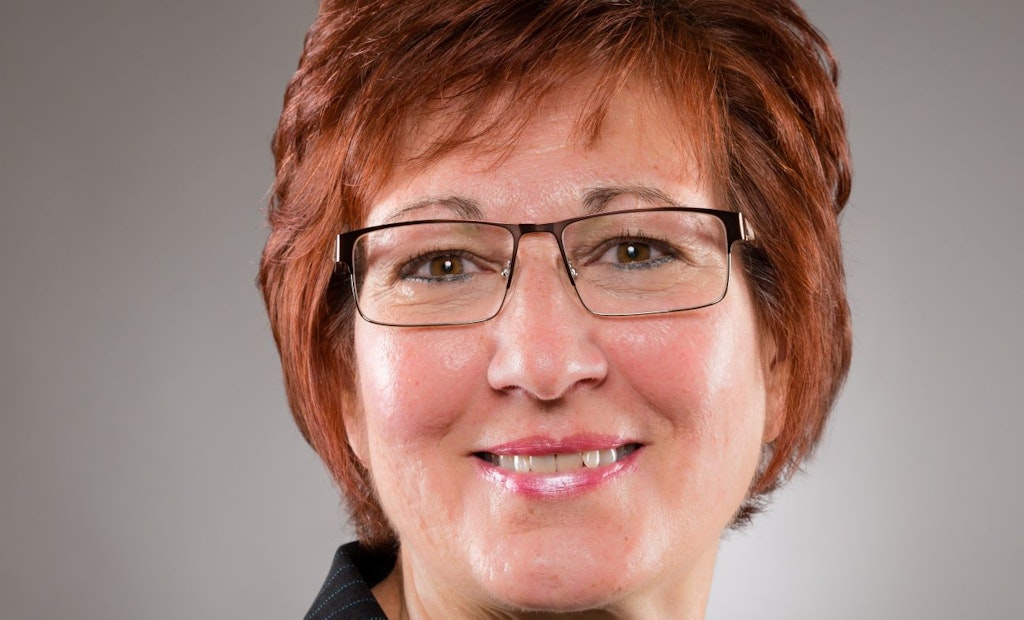Now more than ever, skilled trade workers are vital to society's everyday safety, health and well-being. At Oatey Co., we try to shed light on the significance of the trades while educating, inspiring and empowering the next generation of professionals.
Oatey Co. recently received...






